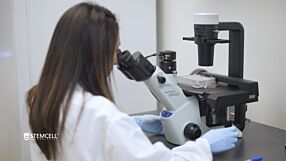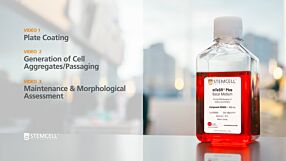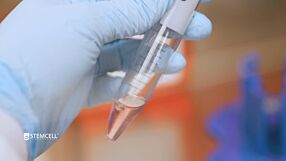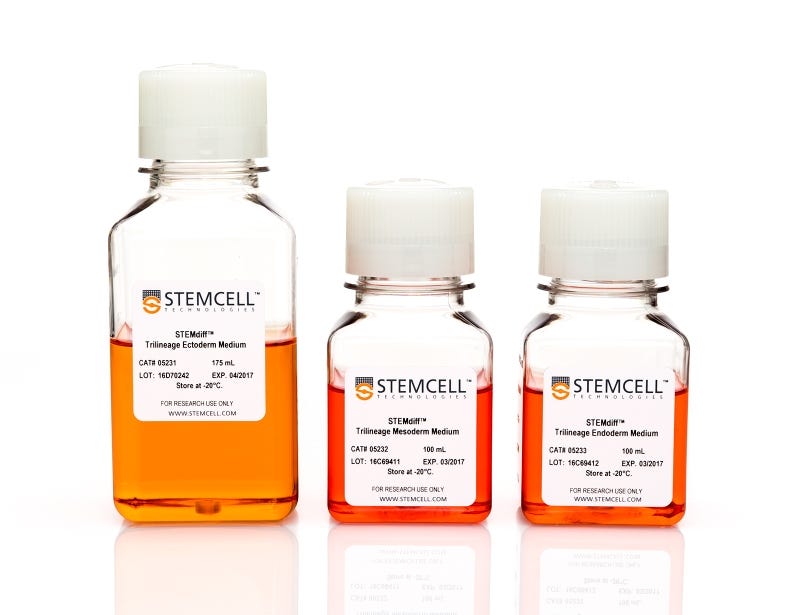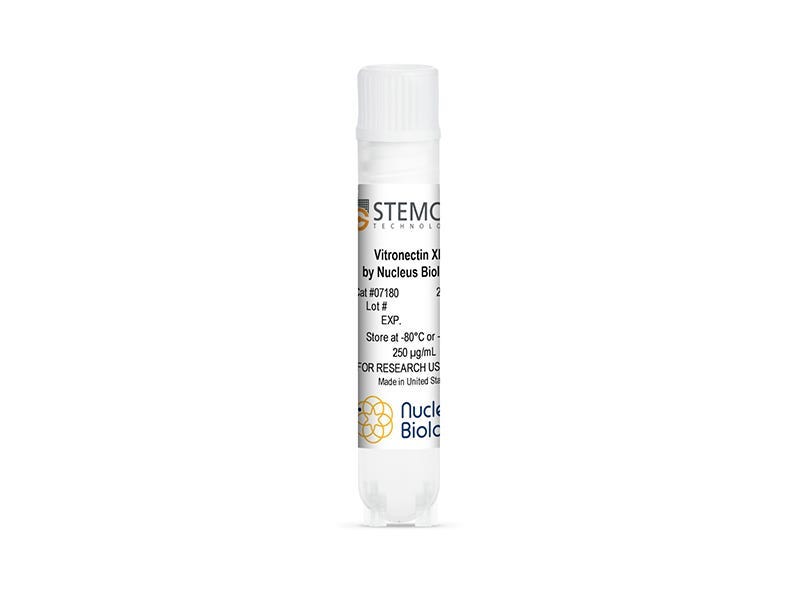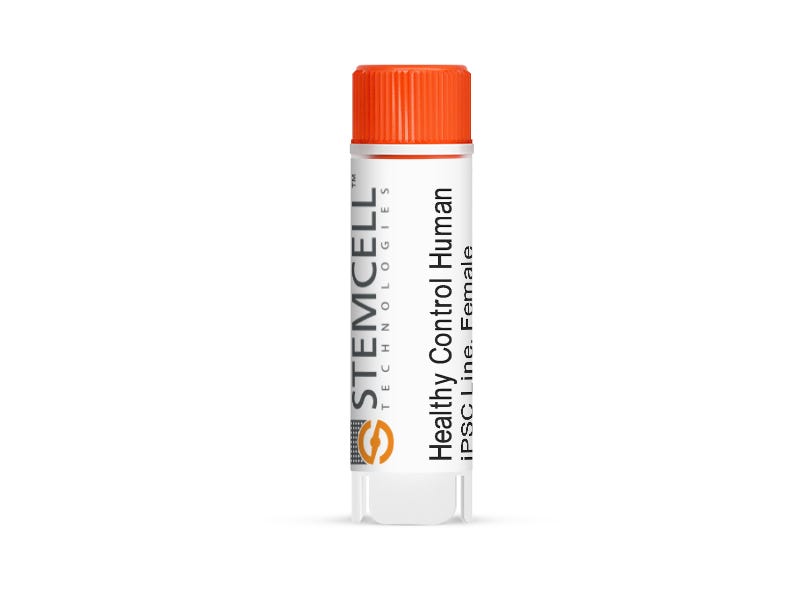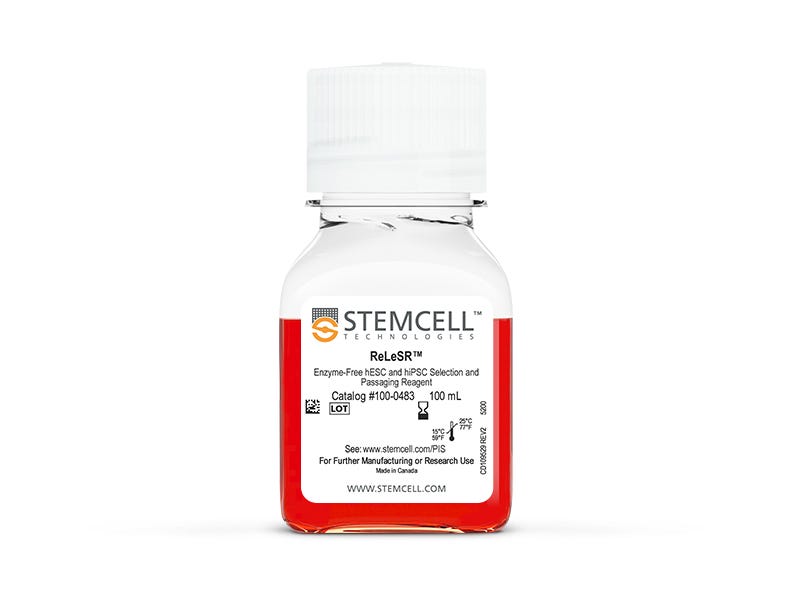How to Coat Plates for Human Pluripotent Stem Cell (hPSC) Cultures in mTeSR™ Plus
Protocol for transitioning human pluripotent stem cells (hPSCs) cultured in feeder-free media, such as mTeSR™1 into mTeSR™ Plus and will provide step by step instructions for plate coating
In this series of three technical videos, we will guide you through the protocol for transitioning human pluripotent stem cells (hPSCs) cultured in feeder-free media, such as mTeSR™1 into mTeSR™ Plus. This video will provide step by step instructions for plate coating.
0:00 - Intro
0:29 - Matrigel Plate Coating
2:42 - Vitronectin XF™ Plate Coating
Watch the other videos in the series below:
Video 2: Generation of Cell Aggregates/Passaging
Video 3: Maintenance and Morphological Assessment
Learn more about mTeSR™ Plus hPSC maintenance media >
View a written protocol on how to transition hPSCs from feeder-free media to mTeSR™ Plus.
Publish Date:
May 20, 2020
Request Pricing
Thank you for your interest in this product. Please provide us with your contact information and your local representative will contact you with a customized quote. Where appropriate, they can also assist you with a(n):
Estimated delivery time for your area
Product sample or exclusive offer
In-lab demonstration
By submitting this form, you are providing your consent to STEMCELL Technologies Canada Inc. and its subsidiaries and affiliates (“STEMCELL”) to collect and use your information, and send you newsletters and emails in accordance with our privacy policy. Please contact us with any questions that you may have. You can unsubscribe or change your email preferences at any time.
